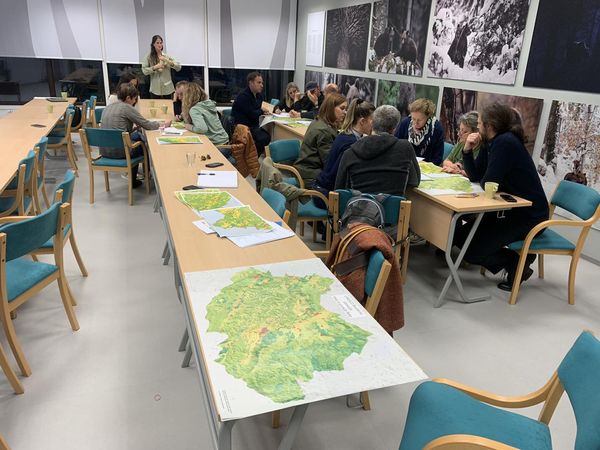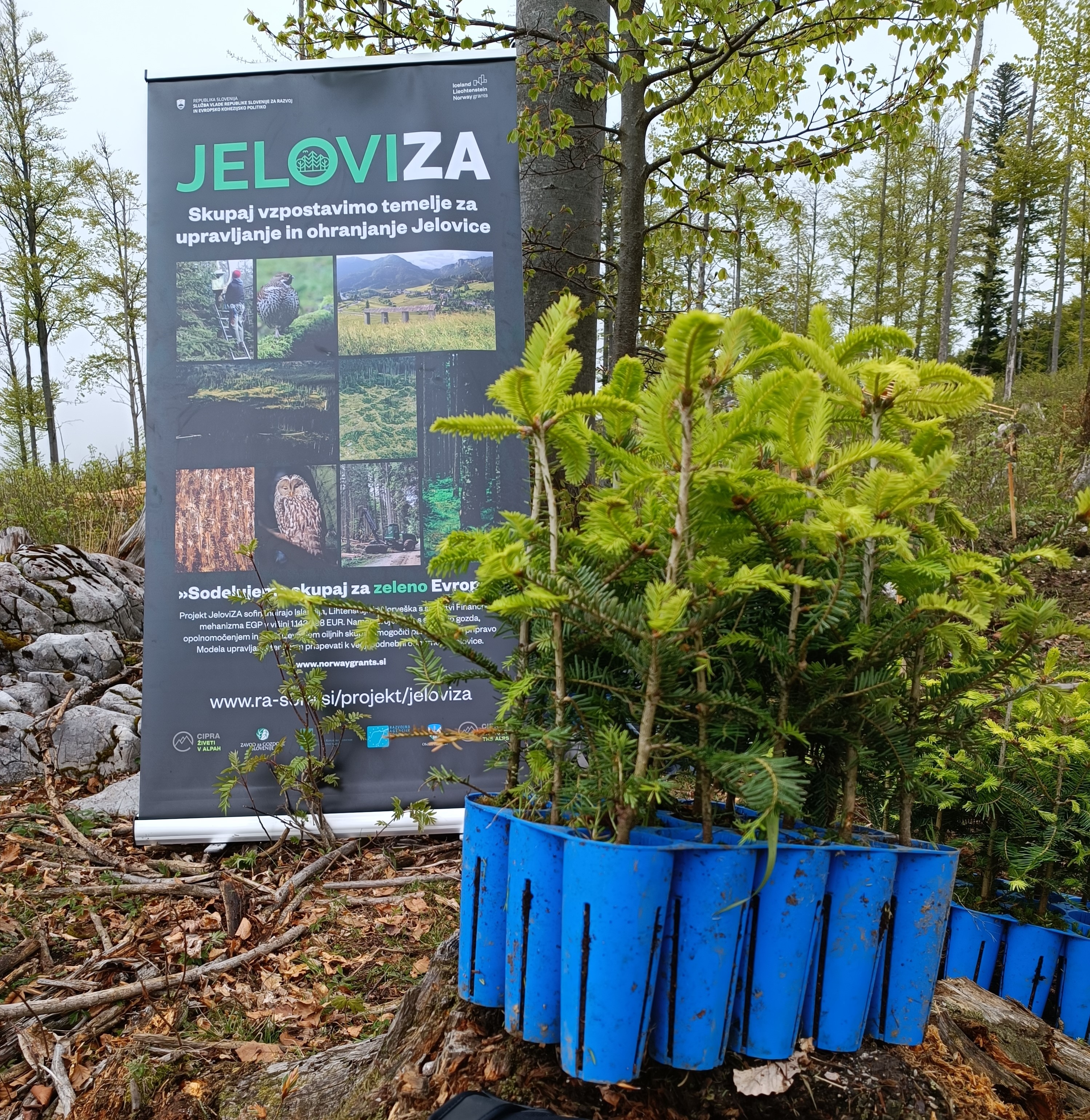
5 July 2024 – The Climate Change Mitigation and Adaptation Programme is being implemented in the 2014-2021 programming period and represents an important step towards sustainable development and reducing the negative impacts of climate change.
The programme aims to accelerate planning, strengthen institutional capacity and implement demonstration actions that contribute to climate change mitigation and adaptation.
Improved Management of Ecosystems
Under the Climate Change Mitigation and Adaptation Programme, three projects supported by the EEA Financial Mechanism have been implemented, contributing to improving the management of ecosystems under climate change pressure.
The ReNature project
The ReNature project, promoted by the Škocjan Caves Public Service Agency, focused mainly on improving the condition of dry karst grasslands and wetlands. In the Brkini Hills, Vremščica Hill and Košana Valley, efforts concentrated on restoring 45 ha of meadows and orchards. Specifically, 39 hectares of meadows were revitalized on Vremščica Hill. In the Košana Valley, meadow areas were restored and a new orchard was established near the Ravne manor. Additionally, in the broader Brkini area, eight ponds and one karst spring were restored. The project also involved mapping and inventorying ecosystem services. Over two years, numerous awareness-raising and educational activities were conducted for local residents, landowners, experts and other stakeholders. The participating project partners include the Municipality of Pivka, the University of Primorska, the Veterinary Faculty of the University of Ljubljana and the Foundation Norwegian Institute for Nature Research.

JeloviZA project
The JeloviZA project, led by CIPRA Slovenia, Association for the Protection of the Alps, has established a management model for the Jelovica area. The project focused on restoring damaged forest by planting more climate-resistant species, installing nest boxes for Ural owls, and inventorying species such as wild cockerel, hazel grouse and Eurasian three-toed woodpecker. Additionally, visitor monitors were installed to gather data on visitor numbers and amount of traffic. Through the transfer of good practices, trainings and workshops, stakeholders involved in the management of the Jelovica ecosystem have acquired new knowledge and competencies. Besides the project promoter, the project partners include the Municipality of Železniki, the Slovenia Forest Service, the Institute of the Republic of Slovenia for Nature Conservation, the Sora Development Agency, Ltd, and CIPRA International.

Project ZAGON
The ZAGON project, whose project promoter is the Municipality of Grosuplje, focused on enhancing ecosystem resilience. The project developed two management models: a unified management model for individual ecosystems and a complex management model for cultural landscapes. The project has resulted in five ecosystems restored in the Natura 2000 area, covering a total of 46.15 hectares. In the Radensko polje Nature Park, a wet meadow was restored, and a three-kilometre nature trail was created, starting in Mala Račna next to the Frog’s House and leading to the floodplain forest. Furthermore, an awareness-raising campaign and training courses were conducted, enhancing the knowledge and competencies of 110 experts in ecosystem management. The participating project partners include the Institute for Tourism and Promotion Grosuplje, the Institute of the Republic of Slovenia for Nature Conservation, the Slovenia Forest Service, the Slovenian Forestry Institute and the University College for Green Development.

Contribution to improved ecosystem management
The projects focusing on ecosystem management under the Climate Change Mitigation and Adaptation Programme have shown that targeted activities and cooperation between different stakeholders contribute significantly to improving the management of ecosystems under the climate change pressure. Partnerships with institutions from different countries have enabled the exchange of knowledge and good practices, further enhancing the effectiveness and innovation of approaches.